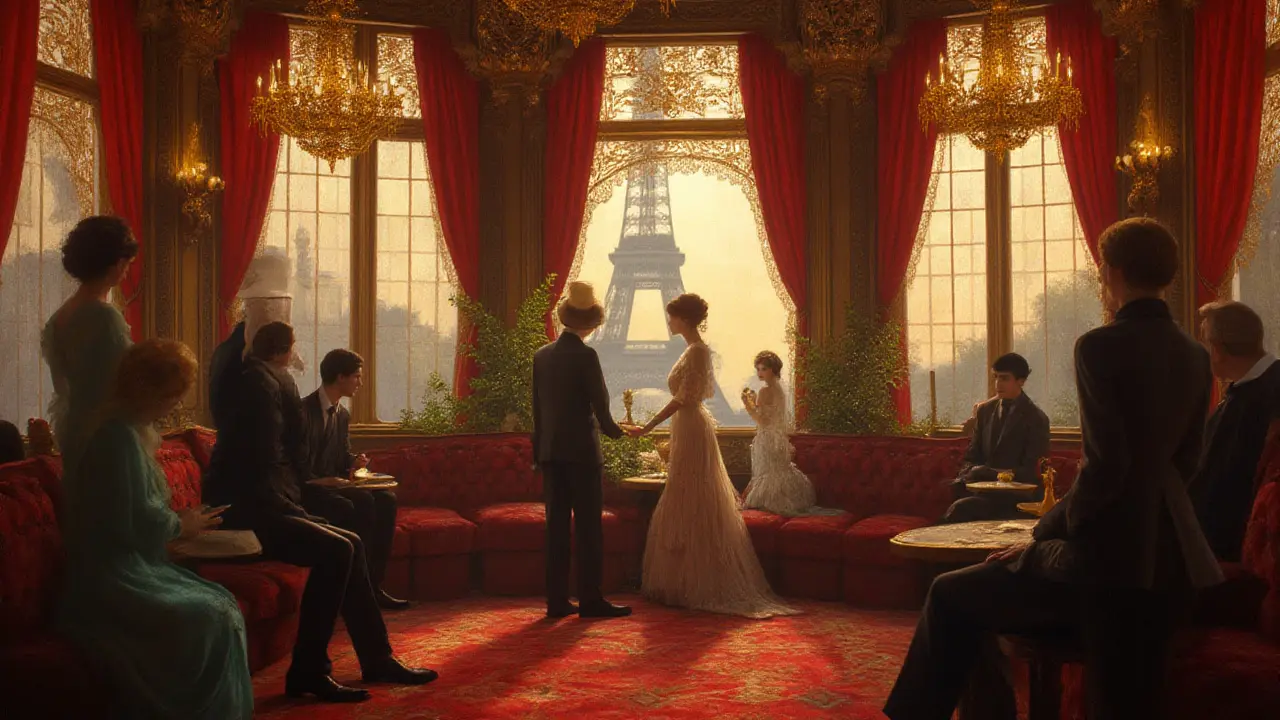History of Escorts in Paris – From the 19th Century to Today
If you think Paris escorts are a new trend, think again. The city has been a hub for paid companionship since the 1800s. Back then, the service was woven into the cafés, theaters, and aristocratic salons. Understanding that roots help you see why the modern scene feels so natural in the City of Light.
Belle Époque: The Early Days
During the Belle Époque (late 1800s to early 1900s), Paris exploded with art, fashion, and nightlife. Wealthy men hired elegant women to attend operas, exhibitions, and high‑society parties. These companions were not just about looks; they offered conversation, cultural knowledge, and a polished presence. Most worked through discreet agencies or personal networks, keeping everything hidden from the public eye.
War, Liberation, and Changing Attitudes
World War I and II turned Paris upside down. Soldiers and occupied officials needed companionship, and the demand for escorts surged. After the wars, the city’s liberated spirit gave women more autonomy, and escort work became a way to earn independence. The 1960s and 70s sexual revolution further blurred the line between romance and business, making the profession more visible.
In the 1970s, the rise of cafés like Le Café de Flore turned into informal meeting spots for clients and escorts. The scene started to attract artists, writers, and models, creating a mix of creativity and commerce. This period also saw the first attempts at organized agencies that advertised in printed guides, giving clients more reliable options.
The 1990s brought the internet, which changed everything. Online directories let escorts list services, photos, and rates, making it easier for both sides to connect safely. By the early 2000s, dedicated French escort sites appeared, offering reviews, safety tips, and verification processes.
Today, Paris escorts operate in a sophisticated, tech‑driven market. Clients can book through reputable agencies, mobile apps, or secure websites. The focus has shifted to high‑end experiences—luxury dining, private events, and curated tours of the city. Many companions also offer niche services, like BDSM or multilingual companionship, catering to a global clientele.
Legally, France treats escort work as a form of personal service, not prostitution, which means the industry navigates a complex regulatory landscape. Agencies must follow strict privacy rules, and escorts often use contracts to protect both parties. Understanding these legal nuances helps keep the experience smooth and safe.
Culture still plays a big role. Parisian cinema, literature, and fashion often reference escorts, reinforcing their glamorized image. That historic romance feeds modern expectations, making the city a magnet for those seeking both elegance and discretion.
If you’re curious about the past, look for old postcards, memoirs, or museum exhibits that showcase the salon era. Those artifacts reveal how companionship evolved from a hidden luxury to an open, respected service. Knowing the history adds depth to any modern encounter in Paris.
